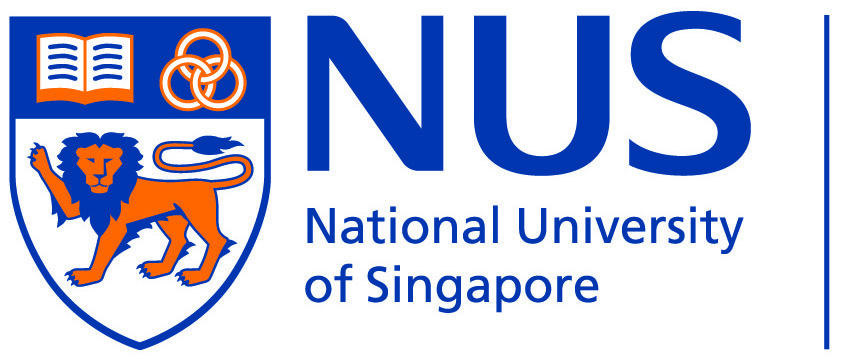Install Bitlocker (Windows 8)
In late 2016, we have observed many hacking activities with the intent to exploit vulnerabilities of outdated Content Management System (CMS) and the plugins. CMS is a software used to manage the content of a website. Commonly used CMS includes WordPress, Joomla,…
Resending an existing link
The management of documents in NUS has always been a Herculean task. When faced with the demands of an enterprise system, the traditional way of filing and managing such an enormous amount of documents will inevitably have its limitations.
» Projecting 2020 HPC Trends
By Tan Chee Chiang, Research Computing, NUS Information Technology, on 20 January 2020
Based on current market trends and technology roadmaps from market leaders, we can expect greater convergence of HPC and AI technologies, more processor (CPU) and accelerator options, further adoption of HPC Cloud and higher demand for storage capacity in 2020.
» Acceleration of Data Pre-processing
By Kuang Hao, HPC Specialist (Research Computing), NUS Information Technology, on 20 January 2020
As the first step in machine learning’s pipeline, the importance of data pre-processing (DP) should never be neglected. For researchers and data science learners, thanks to our open source community and all the machine learning enthusiasts, there are all the clean and generalized datasets online for research and studying. DP plays such an important role, because real-life data is almost never well-organized.
» Accelerating Deep Learning & Other Data-Intensive GPU Applications
By Ku Wee Kiat, Research Computing, NUS Information Technology, on 20 January 2020
We have recently deployed a new all-flash storage appliance for NUS HPC Clusters. This new storage system provides about 100TB of high performance parallel file storage distributed amongst users of Atlas 9 and Volta GPU clusters. The storage system is purpose-built to accelerate Deep Learning applications (GPU) and other applications with mixed and demanding IO workloads. In this article, we will go through how to access the storage as well as show you results from Deep Learning benchmarks we have conducted on the new storage system, existing NAS system (hpctmp) as well as Volta nodes local SSD.
» Deploying HPC Cluster in the Cloud
By Yeo Eng Hee, Research Computing, NUS Information Technology, on 20 January 2020
A recent paper in March 2019[i] indicated that the number of HPC sites worldwide that run some workloads in the Cloud has increased in proportion from 13% in 2011 to 74% in 2018. Cloud service providers recognise this trend. They are making it easier and more attractive for HPC workloads to run in their clouds.
» Improving the Generalization of Deep Networks for Image Classification
By Liang Senwei, Department of Mathematics, Faculty of Science, on 20 January 2020
Machine learning has become an important area of research in scientific computing. In particular, deep neural networks with powerful universal approximation and generalisation capacity get more and more attention and they are applied in many applications, such as image classification, natural language processing. I am currently engaged in deep learning on image classification and on mathematics problems. This article mainly introduces my works on improving the generalisation of deep networks for image classification.
» On-Going Deep Learning Research Works in NUS
By Wang Junhong, Research Computing, NUS Information Technology, on 20 January 2020
Artificial Intelligence (AI) and deep learning became one of the hottest topics not only in the industrial and real life application development but also in the research domain. In NUS, researchers from different departments are working on research projects such as stereo matching, quantum many-body systems, computer vision, image classification, natural language processing and others by applying the AI and deep learning methodology. In this article, it is our pleasure to have three very active researchers sharing their on-going deep learning research works. Every researcher is also welcomed to share your research work and experience in using HPC/GPU resources.
» Combining R and Python using Reticulate
Combining R and Python using Reticulate
By Vamshidhar Gangu, Research Computing, NUS Information Technology, on 20 January 2020
While starting a data science project, one of the important decisions to make is choosing what programming language or libraries to use? And the two programming languages that might immediately come to mind are R and Python. Tough both of them are excellent tools in their own right, they are often conceived as rivals instead of options.
